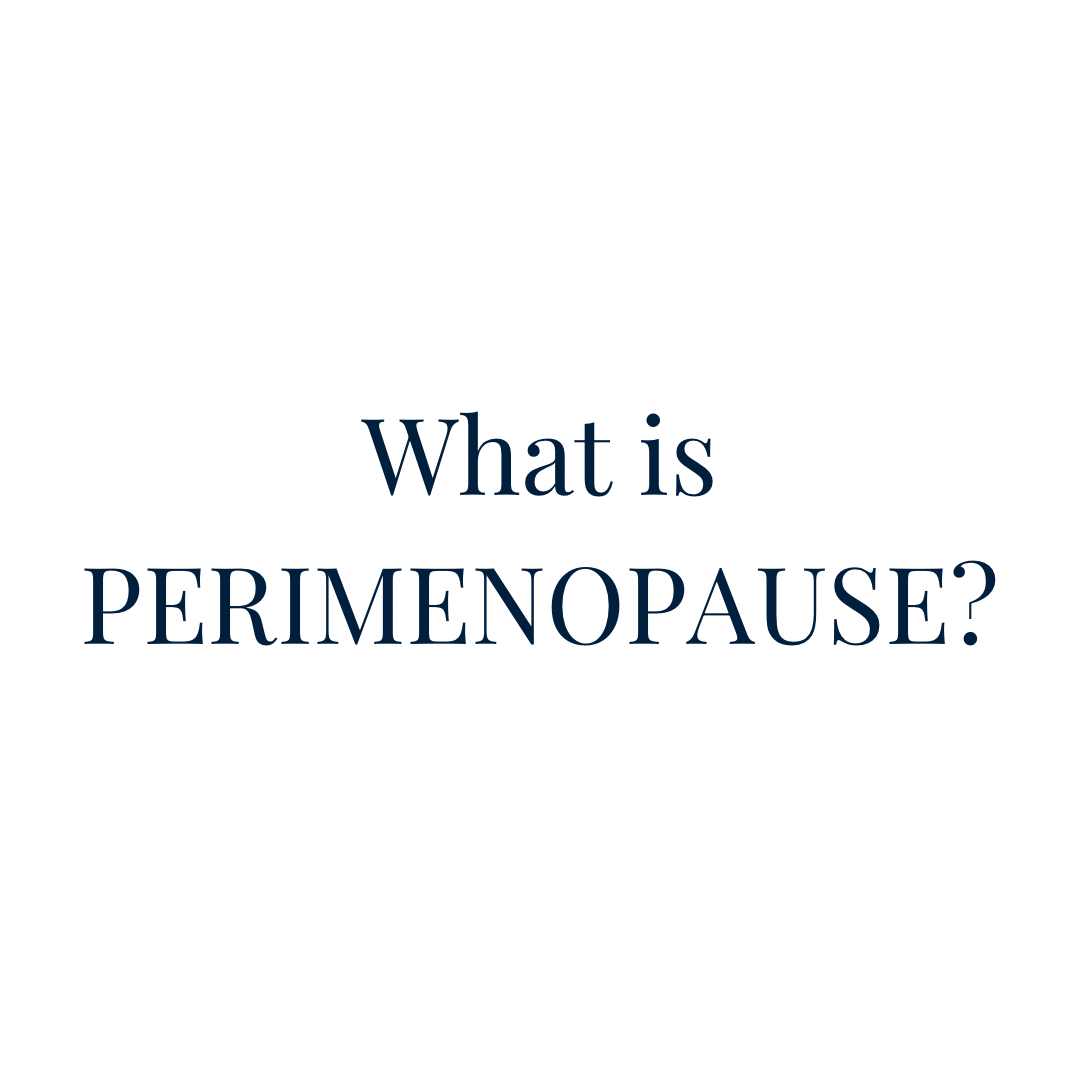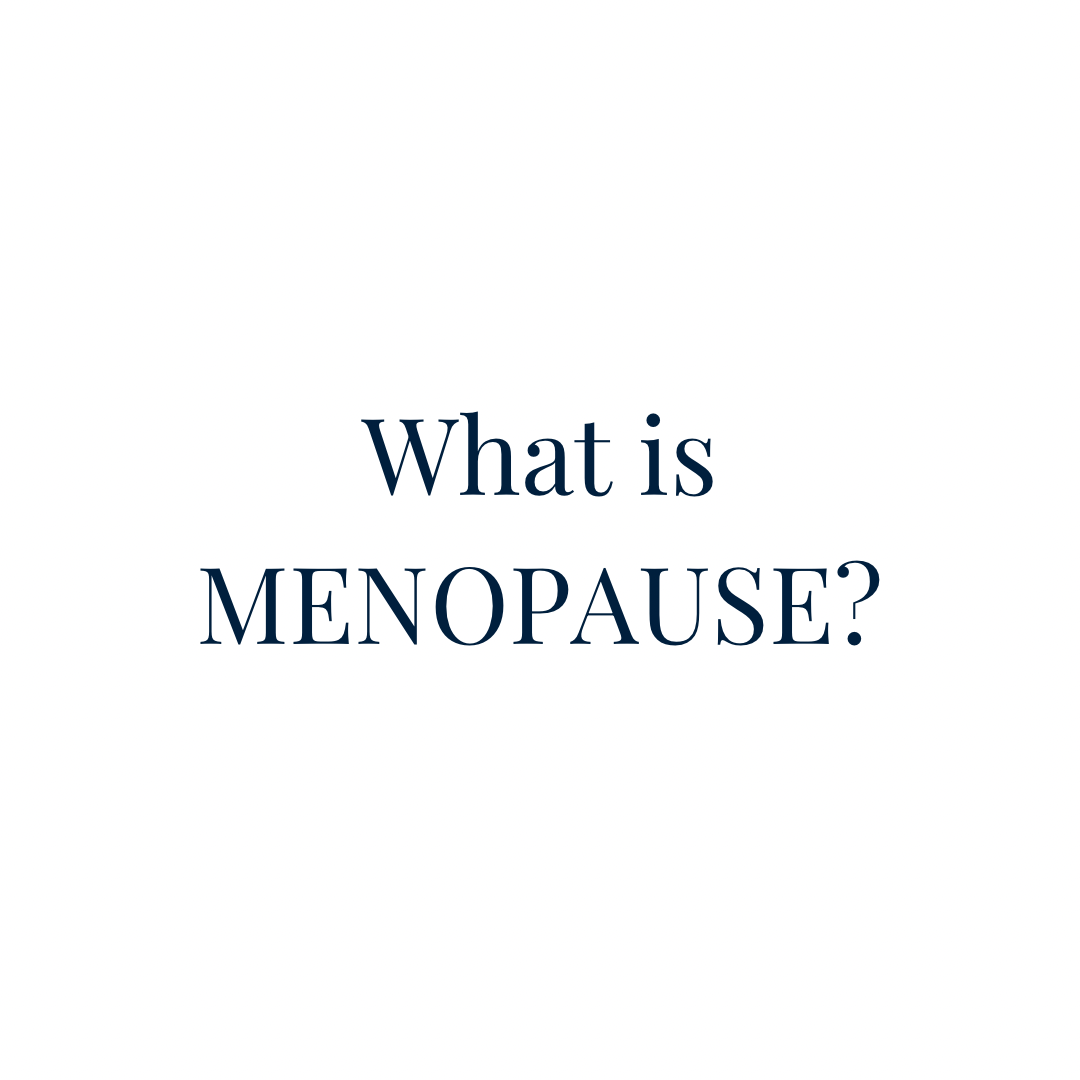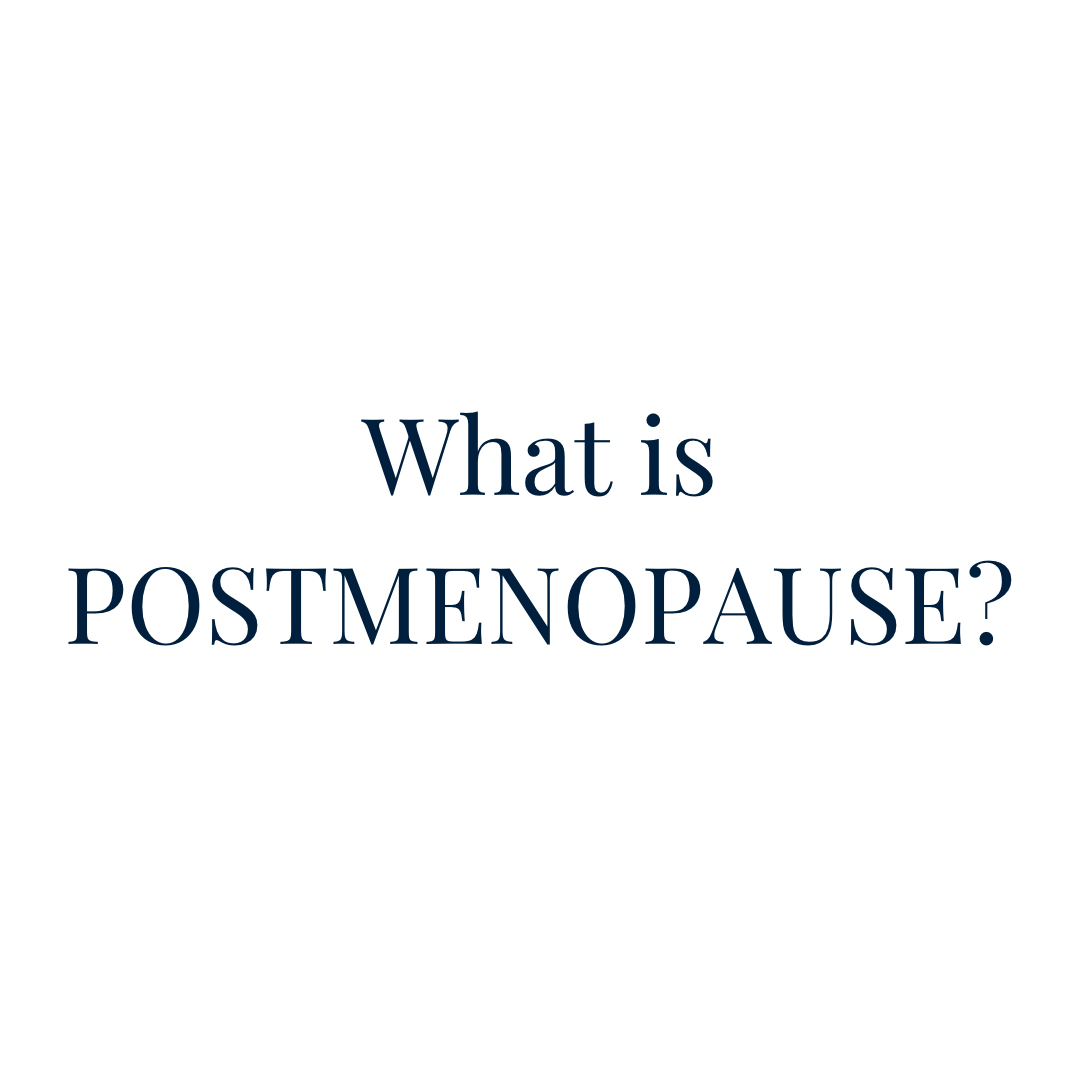
Women’s Hormone Health
We Are All At Different Stages of Our Journey.
What matters most to you right now?
We are with you every step of the way on your journey to Optimal Hormone Health.
I feel dismissed.
It’s just in my head.
I am not heard.
We’re here to support you.
Let’s Talk Openly About Perimenopause, Menopause and Postmenopause.
Every Woman Deserves The Support.
Perimenopause
-
Perimenopause refers to the transitional phase that occurs before menopause. It typically starts in a woman's 40s but can begin as early as the mid-30s. During this stage, the ovaries gradually start producing less estrogen, leading to various hormonal fluctuations and changes in the menstrual cycle.
Perimenopause is characterised by irregular periods, where cycles may become shorter or longer, and menstrual flow may vary in intensity.
-
The symptoms of perimenopause can be similar to those experienced during menopause, but they may vary in intensity and duration.
Here are common symptoms of perimenopause:
1. Irregular periods: Menstrual cycles may become irregular, with variations in the length of the cycle, the amount of flow, and the number of days between periods.
2. Hot flashes: Many women experience hot flashes during perimenopause, characterized by a sudden feeling of warmth, flushing of the face, neck, and chest, and sometimes accompanied by sweating and a rapid heartbeat.
3. Night sweats: Similar to hot flashes, night sweats can disrupt sleep, causing intense sweating during the night.
4. Mood swings: Changes in hormone levels can lead to mood swings, irritability, anxiety, or depression.
5. Vaginal changes: Perimenopause can cause vaginal dryness, itching, and discomfort during intercourse. Some women may also experience an increased risk of urinary tract infections.
6. Sleep disturbances: Insomnia or trouble sleeping can be a common symptom of perimenopause, leading to fatigue and daytime sleepiness.
7. Decreased libido: Fluctuating hormone levels can affect sexual desire and arousal.
8. Breast tenderness: Some women may experience breast soreness or increased sensitivity during perimenopause.
9. Weight gain: Hormonal changes during perimenopause can contribute to weight gain, particularly around the waist and abdomen.
10. Headaches: Some women may experience an increase in headaches or migraines during perimenopause.
11. Changes in skin and hair: Dry skin, thinning hair, or increased facial hair growth may occur during this period.
-
Bioidentical hormone therapy (BHRT) is a treatment option for managing the symptoms of perimenopause.
It involves the use of hormones that are chemically identical to the hormones naturally produced by the body.
BHRT can help alleviate symptoms such as hot flashes, night sweats, mood swings, vaginal dryness, and sleep disturbances.
The key to reducing your symptoms and working towards hormone optimisation is to create an individualised treatment plan that is tailored for just you. There is no ‘one size fits all’ solution to hormone health, so we don’t treat you as if there is one. We consider your whole body and lifestyle and not just your hormones in isolation in creating your treatment plan.
Menopause
-
Menopause is a natural biological process that marks the end of a woman's reproductive years. It is officially diagnosed after a woman has gone 12 consecutive months without menstruating. Menopause typically occurs in women between the ages of 45 and 55, with the average age being around 51.
During menopause, the ovaries cease to release eggs, and the production of estrogen and progesterone hormones declines significantly. This hormonal shift can lead to a variety of physical and emotional changes.
It's important to note that menopause does not signify the end of a woman's health or vitality. With proper healthcare, lifestyle adjustments, and support, women can lead fulfilling lives during and after menopause.
-
The symptoms of menopause can vary from woman to woman, but here are some common symptoms experienced during this stage:
1. Absent periods: Menopause is characterised by the absence of periods for 12 consecutive months, but prior to that, women often experience irregular periods, which may be shorter or longer than usual.
2. Hot flashes: A sudden feeling of warmth, often accompanied by flushing of the face, neck, and chest. Hot flashes can be mild or severe and may be accompanied by sweating, rapid heartbeat, and a feeling of anxiety.
3. Night sweats: Similar to hot flashes, night sweats are episodes of intense sweating that occur during sleep, often leading to disrupted sleep patterns.
4. Mood changes: Many women experience mood swings, irritability, anxiety, or depression during menopause. Hormonal changes can contribute to these emotional fluctuations.
5. Vaginal dryness: Decreased estrogen levels can lead to thinning and dryness of the vaginal lining, resulting in discomfort, itching, and pain during intercourse.
6. Sleep disturbances: Menopause can disrupt sleep patterns, leading to difficulty falling asleep, staying asleep, or experiencing poor-quality sleep.
7. Fatigue: Many women report feeling more tired or fatigued during menopause, which can be due to hormonal changes, sleep disturbances, or other factors.
8. Decreased libido: Fluctuating hormone levels can impact sexual desire or arousal, leading to a decreased interest in sex.
9. Urinary problems: Some women may experience changes in urinary frequency or urgency, as well as an increased risk of urinary tract infections.
10. Changes in body composition: Menopause can contribute to weight gain, particularly around the waist and abdomen. It may also lead to a redistribution of fat and loss of muscle mass.
11. Bone loss: Estrogen plays a role in maintaining bone density, and its decline during menopause can increase the risk of osteoporosis and fractures.
It's important to remember that not all women will experience all of these symptoms, and their severity can vary.
-
The key to reducing your symptoms and working towards hormone optimisation is to create an individualised treatment plan that is tailored for just you. There is no ‘one size fits all’ solution to menopause and your hormone health, so we don’t treat you as if there is one. We consider your whole body and lifestyle and not just your hormones in isolation in creating your treatment plan.
During menopause, the levels of estrogen and progesterone hormones decline, leading to various symptoms. Alpha BHRT aims to optimise your hormone health by supplementing the body with bioidentical versions of these hormones.
BHRT can be administered in various forms. The specific dosage and delivery method are determined based on bespoke individual needs and personal preferences.
Postmenopause
-
Postmenopause begins one year after menopause and continues for the rest of a woman's life. It is the stage after a woman has completely ceased menstruation. In postmenopause, menopausal symptoms may persist but often improve over time. Hormone levels, particularly estrogen and progesterone, remain low during postmenopause, and women may experience long-term effects such as an increased risk of osteoporosis, heart disease, and cognitive decline.
-
Some common symptoms experienced during postmenopause:
1. Vaginal dryness: The decrease in estrogen levels can lead to vaginal dryness, which may cause discomfort or pain during intercourse.
2. Sexual changes: Reduced estrogen levels can also affect sexual desire, arousal, and response.
3. Sleep disturbances: Some women continue to experience sleep disturbances, such as insomnia or night sweats, even after entering post menopause.
4. Mood changes: Mood swings, irritability, or depression can persist into postmenopause.
5. Hot flashes: Although hot flashes tend to decrease in frequency and intensity over time, some women may still experience them during postmenopause.
6. Changes in skin and hair: The decrease in estrogen levels can lead to changes in the skin, such as dryness or thinning. Hair may also become thinner or more brittle.
7. Urinary changes: Postmenopause can increase the risk of urinary incontinence or urinary tract infections.
8. Bone density loss: The decline in estrogen levels can contribute to a loss of bone density, increasing the risk of osteoporosis and fractures.
9. Weight changes: Metabolism may slow down, leading to weight gain or changes in body composition.
10. Cardiovascular changes: After menopause, women may experience an increased risk of cardiovascular diseases due to changes in hormone levels.
It is important to note that not all women will experience the same symptoms during postmenopause, and the intensity and duration of symptoms can vary.
-
Optimal wellness is the cornerstone of treatment in this phase of life.
BHRT can provide long-term health benefits for women in postmenopause. Estrogen replacement, for example, may help reduce the risk of osteoporosis, heart disease and certain cognitive decline conditions. BHRT also aims to alleviate symptoms commonly associated with sub-optimal hormone levels in postmenopause, such as hot flashes, night sweats, vaginal dryness, mood changes, and sleep disturbances
As you age, your hormone balance of estrogen and progesterone fluctuates and declines. As a result, you may experience the negative symptoms of Menopause.
You don’t need to suffer through this alone.
THE ALPHA CLINIC + HRT IS A SOLUTION.
Bioidentical Hormone Replacement Therapy
- BHRT -
Why Choose BHRT?
-
BHRT offers an effective solution for reducing the frequency and severity of menopause symptoms, such as hot flashes and night sweats. BHRT provides bioidentical estrogen and progesterone hormones that mimic the body’s natural estrogen and progesterone. Optimising your hormone treatment can bring back hormonal balance along with much-needed relief from menopause symptoms.
Many women report significant improvement in their quality of life after starting BHRT.
-
BHRT can potentially boost mood and overall wellbeing by addressing hormonal imbalances that may be contributing to symptoms such as mood swings, irritability, anxiety, fatigue, and low libido. In women, estrogen and progesterone levels fluctuate throughout the menstrual cycle and decline during menopause. These hormonal changes can lead to mood disturbances, including irritability, anxiety, and depression. BHRT can help rebalance these hormones, potentially alleviating mood symptoms and promoting a sense of calm and emotional stability.
-
One of the significant benefits of BHRT is its ability to enhance bone mineral density and lower the risk of osteoporosis and fractures in postmenopausal women. By replacing estrogen, which plays a vital role in maintaining strong bones, BHRT ensures improved bone health.
It's important to note that BHRT should be used as part of a comprehensive approach to bone health, which may also include lifestyle modifications such as regular weight-bearing exercise, a calcium-rich diet and adequate vitamin D intake.
-
BHRT can go beyond just addressing menopausal symptoms by reducing the risk of cardiovascular disease in postmenopausal women. This is attributed to estrogen's positive impact on cholesterol levels, inflammation reduction, and blood pressure regulation.
-
Alpha + BHRT offers a personalised approach to hormone replacement therapy. Your hormone levels will be assessed and a treatment plan will be tailored to your specific needs, ensuring that you receive the most effective treatment for your personal symptoms and health goals. Our aim is to optimise your overall health and well-being.
We pay attention to the details and take a holistic view of you - we don’t just look at your hormones in isolation.
Disclaimer:
It's important to note that BHRT should always be prescribed and monitored by a qualified healthcare professional. They will take into account your overall health, medical history, and specific symptoms to develop a safe and effective treatment plan
Let’s Optimise Your Hormone Health.
You Deserve To Feel Amazing!



